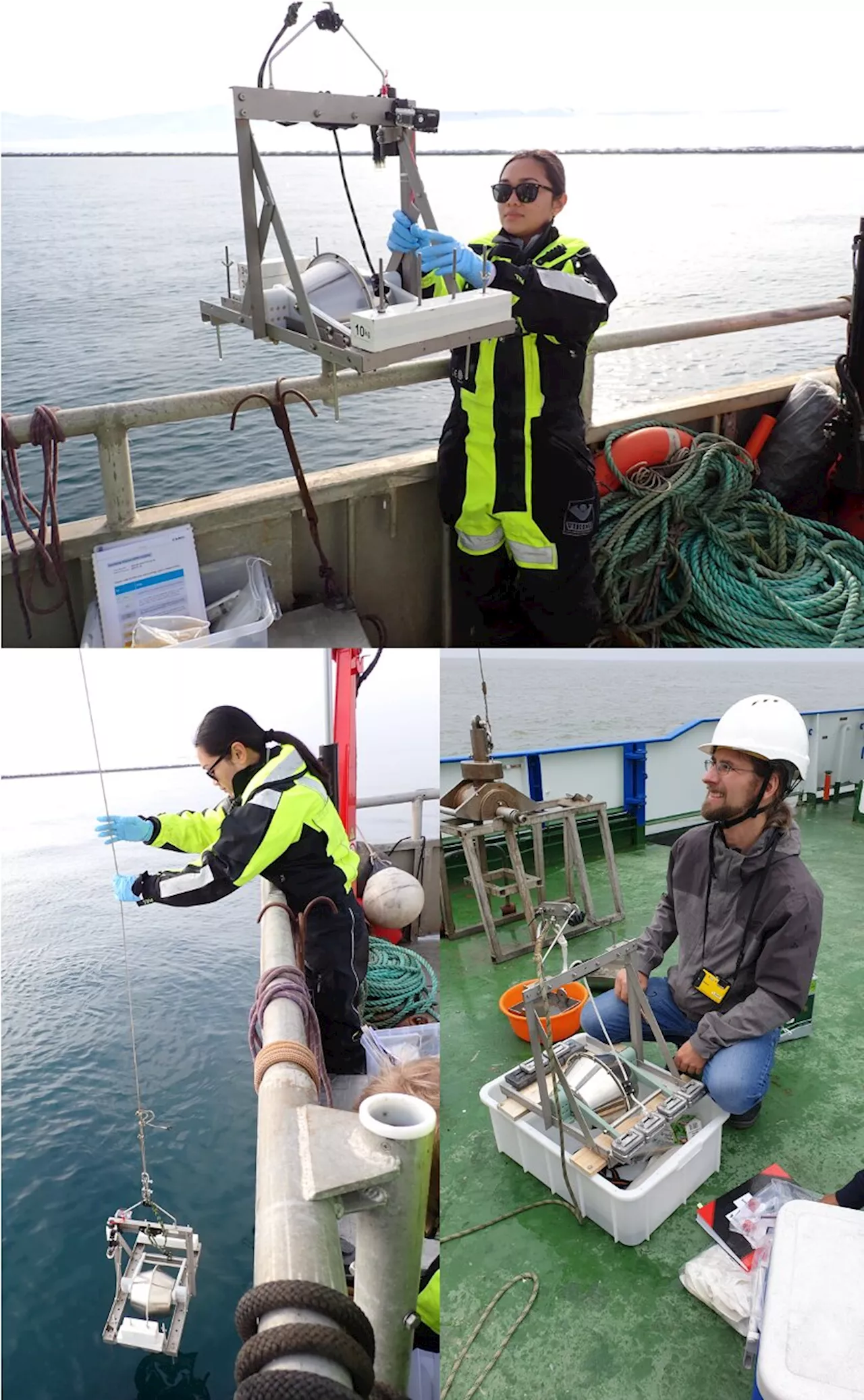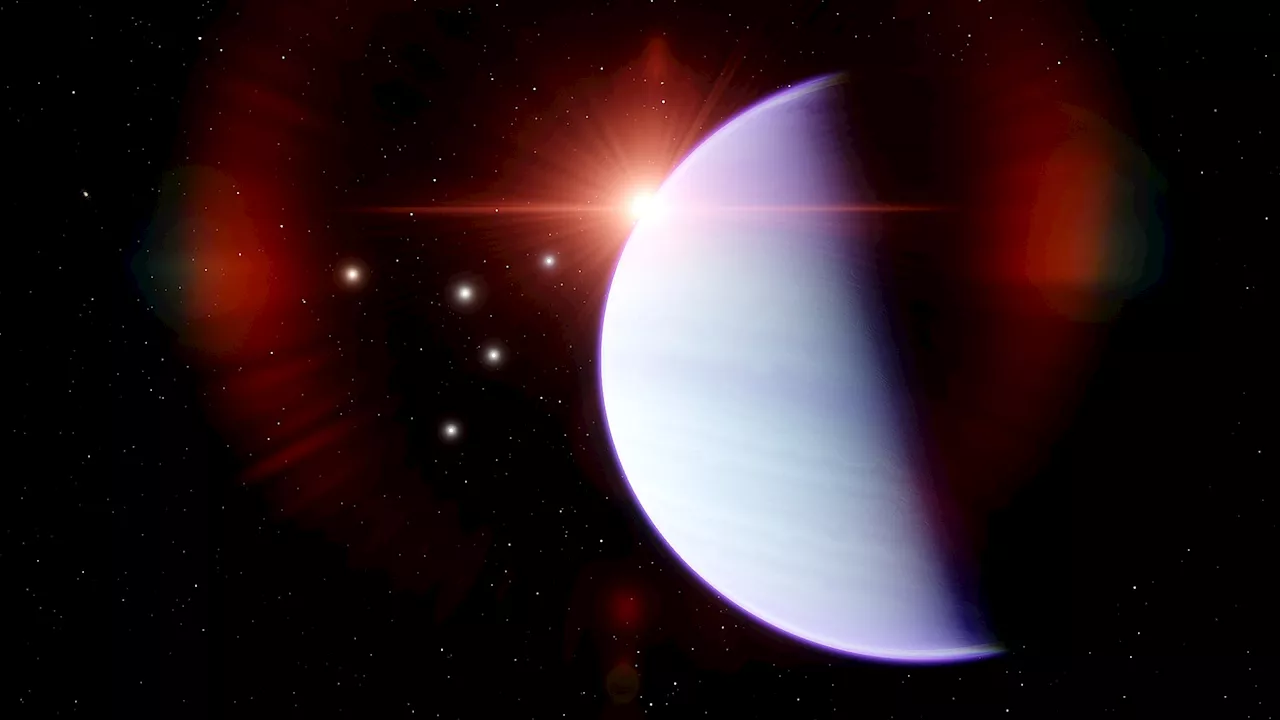Researchers have identified the protein that enables mammals to sense cold, filling a long-standing knowledge gap in the field of sensory biology.
University of Michigan researchers have identified the protein that enables mammals to sense cold, filling a long-standing knowledge gap in the field of sensory biology., could help unravel how we sense and suffer from cold temperature in the winter, and why some patients experience cold differently under particular disease conditions.
In a 2019 study, researchers in Xu's lab discovered the first cold-sensing receptor protein in Caenorhabditis elegans, a species of millimeter-long worms that the lab studies as a model system for understanding sensory responses. GluK2 is primarily found on neurons in the brain, where it receives chemical signals to facilitate communication between neurons. But it is also expressed in sensory neurons in the peripheral nervous system .
"A bacterium has no brain, so why would it evolve a way to receive chemical signals from other neurons? But it would have great need to sense its environment, and perhaps both temperature and chemicals," said Xu, who is also a professor of molecular and integrative physiology at the U-M Medical School.
The research was supported by the National Institutes of Health. All procedures performed in mice were approved by the Institutional Animal Care and Use Committee and performed in accordance with the institutional guidelines.
United States Latest News, United States Headlines
Similar News:You can also read news stories similar to this one that we have collected from other news sources.
 Robolawyers Are As Good As Humans, Say ResearchersQuicker, cheaper and almost as accurate as humans, robolawyers are set to disrupt the legal industry.
Robolawyers Are As Good As Humans, Say ResearchersQuicker, cheaper and almost as accurate as humans, robolawyers are set to disrupt the legal industry.
Read more »
 US researchers develop 'unhackable' computer chip that works on lightInteresting Engineering is a cutting edge, leading community designed for all lovers of engineering, technology and science.
US researchers develop 'unhackable' computer chip that works on lightInteresting Engineering is a cutting edge, leading community designed for all lovers of engineering, technology and science.
Read more »
 Bacteria in the Arctic seabed are active all year round, researchers findDespite the pronounced seasonality in their habitat, the bacterial community in Arctic sediments is taxonomically and functionally very stable.
Bacteria in the Arctic seabed are active all year round, researchers findDespite the pronounced seasonality in their habitat, the bacterial community in Arctic sediments is taxonomically and functionally very stable.
Read more »
 Researchers Hope To Harness Tidal Energy to Power Faroe IslandsThroughout history, the currents in the fjord between two of the islands made travel treacherous. Now, the tides may be changing.
Researchers Hope To Harness Tidal Energy to Power Faroe IslandsThroughout history, the currents in the fjord between two of the islands made travel treacherous. Now, the tides may be changing.
Read more »
 Researchers argue 'rapid onset gender dysphoria' does exist, despite narrative against itMany transgender activists argue gender dysphoria is innate as justification for the medical transition of children, but some researchers point to 'rapid onset gender dysphoria.'
Researchers argue 'rapid onset gender dysphoria' does exist, despite narrative against itMany transgender activists argue gender dysphoria is innate as justification for the medical transition of children, but some researchers point to 'rapid onset gender dysphoria.'
Read more »
 Researchers say gas giants may start off flatterNew research indicates that gas giant formation could have a surprising twist: Those planets might start off much flatter.
Researchers say gas giants may start off flatterNew research indicates that gas giant formation could have a surprising twist: Those planets might start off much flatter.
Read more »
